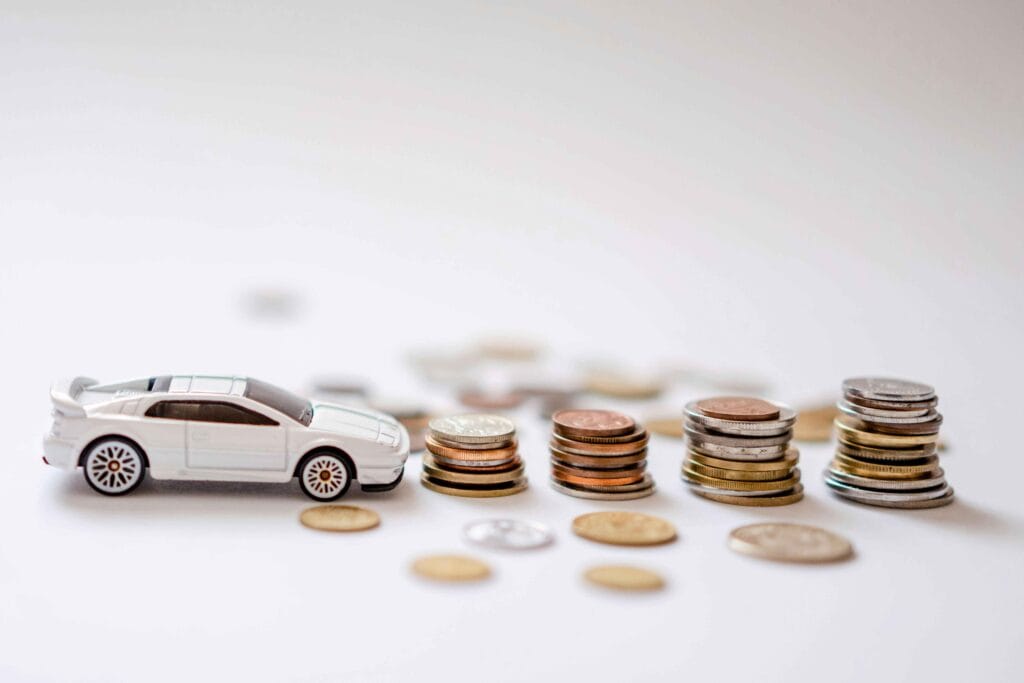Auto Loan Debt
Understanding Auto Loan Debt: What You Need to Know
What is Auto Loan Debt?
Auto loan debt refers to money borrowed to finance the purchase of a vehicle. Borrowers typically repay the loan in monthly installments over a set term, usually 36 to 72 months. Auto loans may be secured (backed by the vehicle) or unsecured. Missing payments can lead to repossession and credit damage.
How Auto Loans Work
- Loan Application: Borrowers apply through banks, credit unions, or dealerships, providing credit and income details.
- Loan Approval & Terms: Lenders determine the interest rate and loan term based on credit score and financial history.
- Monthly Payments: The borrower makes regular payments that include both principal and interest.
- Full Ownership: Once the loan is fully repaid, the borrower owns the vehicle outright.

Risks of Auto Loan Debt
- High-Interest Rates: Borrowers with poor credit may face interest rates above 20%, significantly increasing the cost of the vehicle.
- Negative Equity: Many borrowers owe more on their loans than the car is worth due to depreciation.
- Repossession: If a borrower defaults on payments, the lender can repossess the vehicle and sell it at auction.
- Credit Score Impact: Late or missed payments negatively affect credit scores, making future borrowing more difficult.

Legal Protections for Borrowers
- Truth in Lending Act (TILA): Requires lenders to disclose all loan terms, including interest rates and fees.
- Fair Debt Collection Practices Act (FDCPA): Protects borrowers from abusive or misleading debt collection practices.
- State Repossession Laws: Many states have laws regulating how and when lenders can repossess vehicles.

How to Manage Auto Loan Debt Effectively
- Make Timely Payments: Set up automatic payments to avoid late fees and credit damage.
- Refinance for a Lower Rate: If interest rates drop or your credit improves, refinancing may reduce your monthly payment.
- Consider Extra Payments: Paying more than the minimum reduces interest and shortens the loan term.
- Negotiate Loan Terms Before Signing: Compare lenders to find the best interest rate and repayment terms.
- Avoid Upside-Down Loans: Make a larger down payment to prevent owing more than the car’s value.

Alternatives to Auto Loans
- Leasing a Vehicle: Lower monthly payments but no ownership.
- Buying a Used Car with Cash: Avoids interest and long-term debt.
- Credit Union Financing: Often offers lower rates than traditional banks.

Conclusion
Auto loan debt can be a manageable financial tool when used wisely, but it can also become a burden if not handled properly. Understanding interest rates, loan terms, and legal protections can help borrowers avoid financial strain. If you need assistance managing or disputing auto loan debt, contact our law firm today for professional legal guidance.

